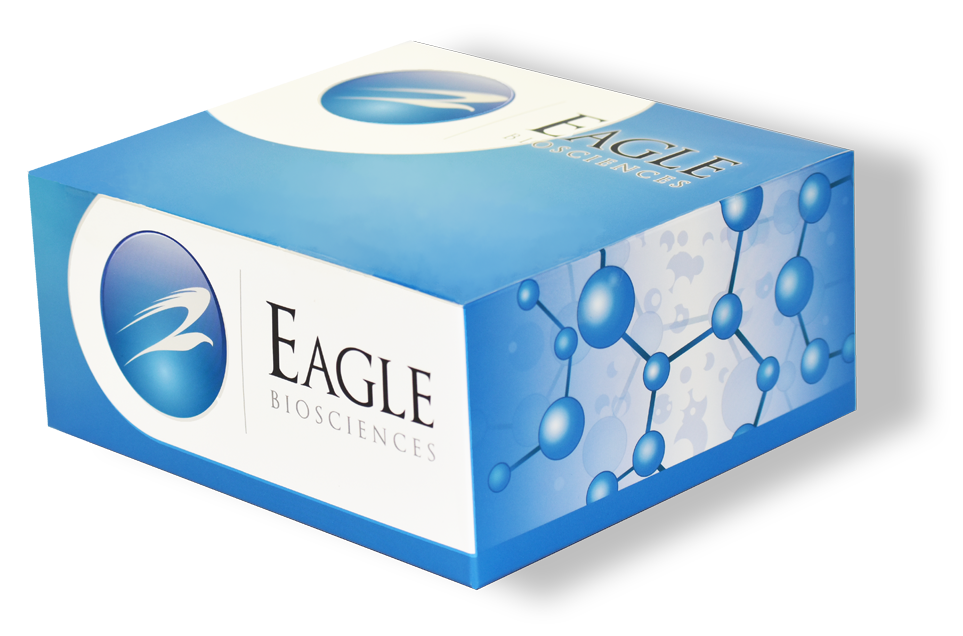Alpha 1-Acid Glycoprotein (AGP), also known as orosomucoid, is an acute-phase glycoprotein predominantly synthesized by the liver in response to inflammation, infection, or tissue injury. It is a highly glycosylated protein that plays a role in modulating the immune response, binding and transporting various endogenous and exogenous compounds, and influencing drug pharmacokinetics. AGP levels in plasma can increase several-fold during acute or chronic inflammatory states, making it a sensitive biomarker for systemic inflammation and physiological stress. Its concentration is also influenced by hormonal changes, liver function, and certain disease states.
The AGP ELISA (enzyme-linked immunosorbent assay) allows for accurate and quantitative measurement of AGP levels in serum, plasma, or other biological samples. In research settings, AGP ELISAs are used to study inflammation, immune modulation, and the acute-phase response. Researchers also investigate AGP’s role in chronic diseases, including cardiovascular disorders, cancer, and metabolic syndromes, as well as its impact on drug binding and bioavailability in pharmacological studies.
In clinical settings, AGP measurement is valuable for monitoring inflammatory conditions, infection, trauma, and postoperative recovery. It can complement other acute-phase markers, such as C-reactive protein, to provide a more complete picture of a patient’s inflammatory status. AGP levels are also used to assess prognosis in chronic inflammatory diseases, liver disorders, and certain malignancies, helping clinicians guide treatment decisions and monitor therapeutic efficacy over time.
This product is manufactured in USA by Eagle Biosciences.
| Size | 1 x 96 Well |
| Sensitivity | 1.089 ng/mL |
| Dynamic Range | 5 – 320 ng/mL |
| Incubation Time | 1 hour 5 minutes |
| Sample Type | Biological Fluids |
| Storage | 2-8°C |
| Alternative Names | AGP, Orosomucoid, ORM1, and ORM2. |

